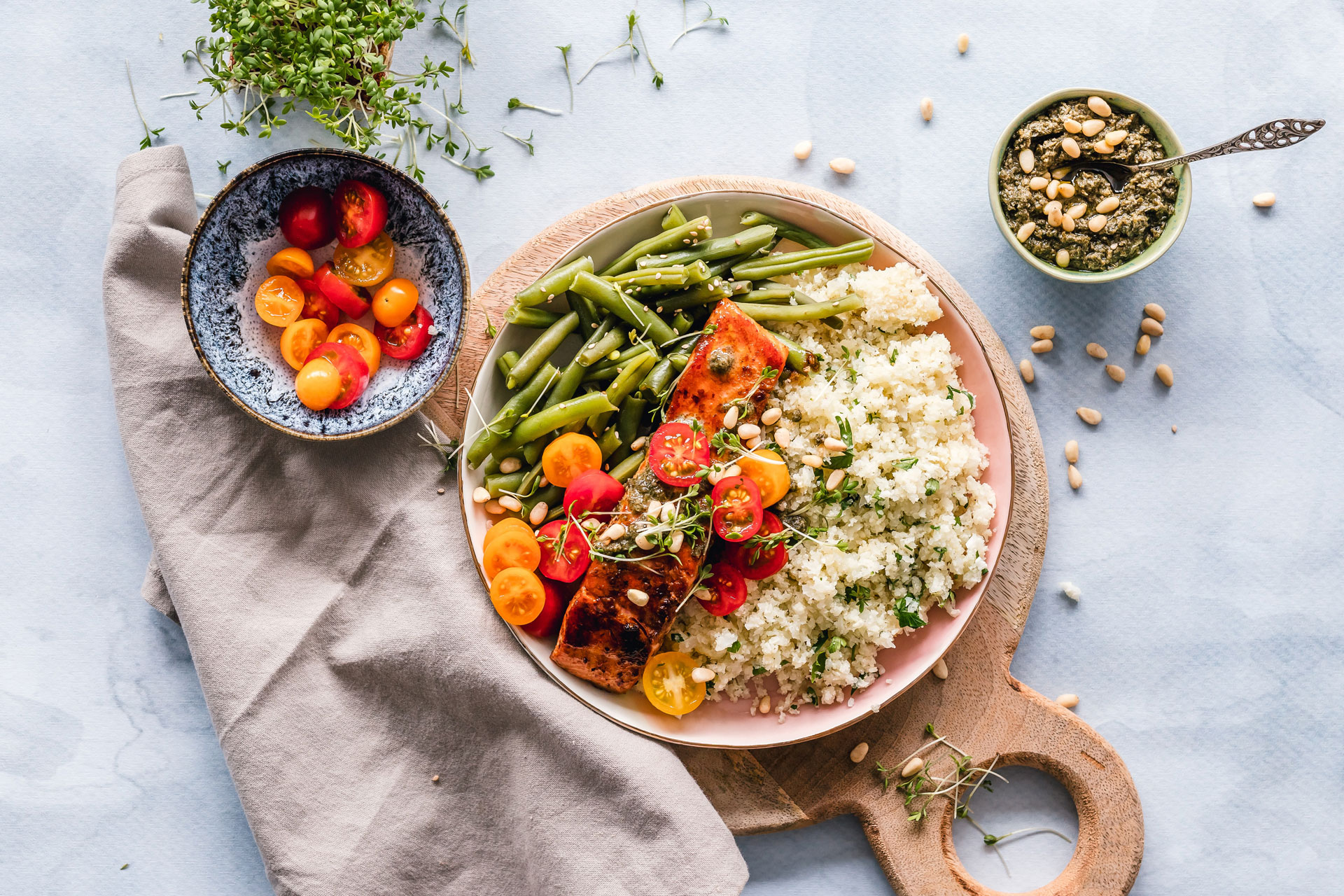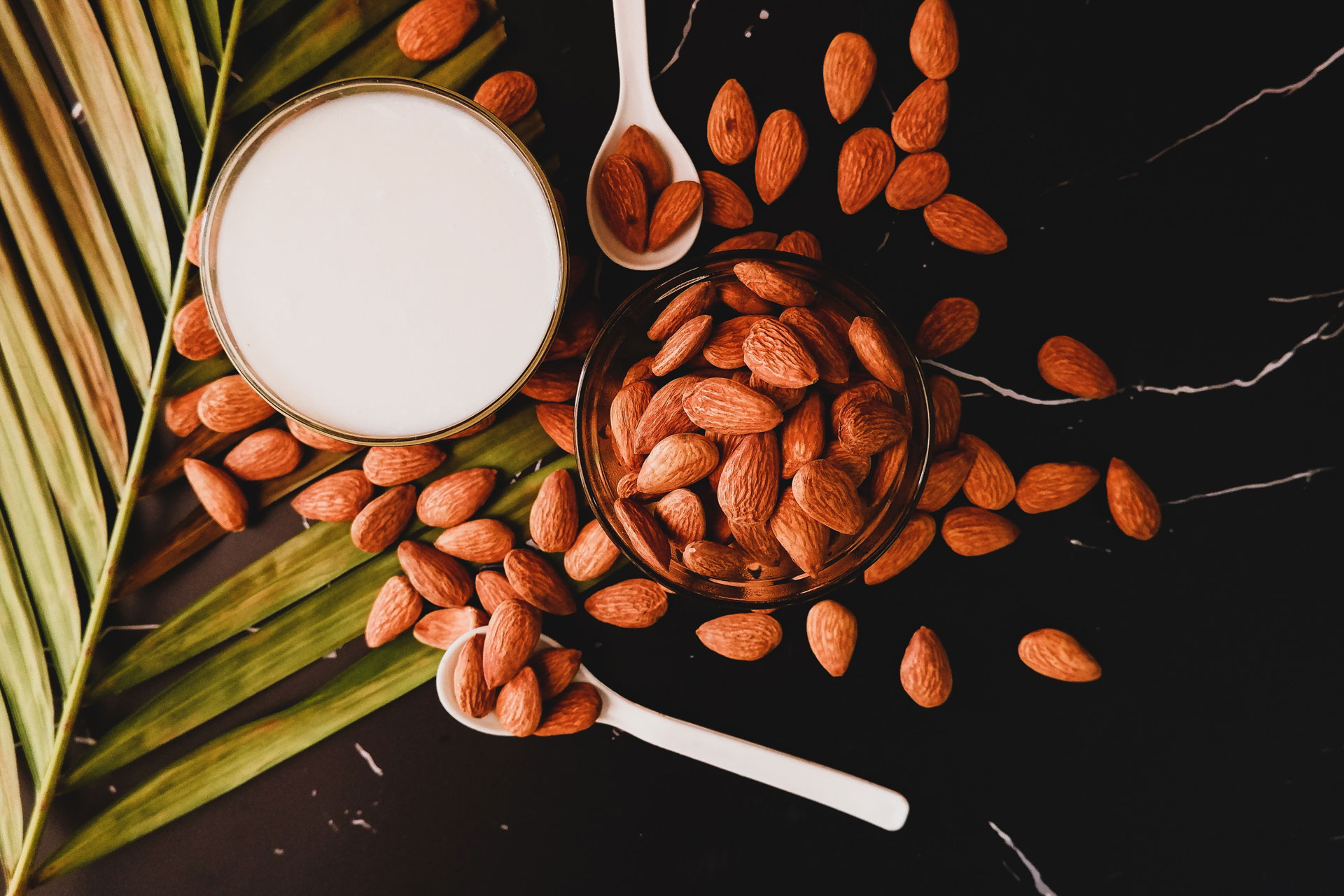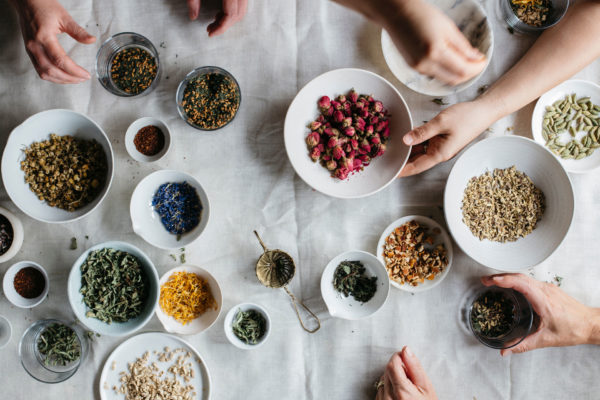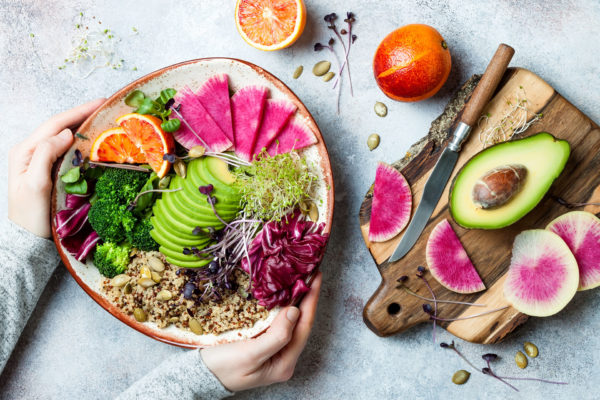Nutrients to Prevent the Winter Blues
By
1 year ago
How to winter-proof your diet

Nutritional therapist Lara Isaac on how to combat the winter blues with nutrients.
As the days get darker and temperatures drop, it’s natural that we might feel a little less bright. The winter blues, more officially known as Seasonal Affective Disorder, refers to a type of depression associated with winter months. Symptoms can include anything from low moods to reduced concentration, lack of energy, overeating, disrupted sleep and poor immune function. It’s believed that the condition results from a lack of sunlight: shorter, darker days encourage greater production of the sleep hormone melatonin and decreased production of serotonin, the hormone that stabilises our mood and sense of wellbeing.
While nutrition is in no way a replacement for other forms of mental health support, research demonstrates that optimising our intake of certain nutrients may help us adjust to the change in season.
Nutrients to Prevent the Winter Blues
Protein
When we’re feeling low, either physically or mentally, we often crave foods rich in sugar and fat as we think these will provide us with an instant boost. (Sugar and fat were sparse in hunter-gatherer days so we evolved to crave them.) However, not only are processed sources of sugar and fat (like chocolate and pastries) low in essential nutrients, they also prompt a rapid spike in our blood glucose levels which leads to lethargy and cravings later in the day. Including protein with every meal (e.g. organic eggs, fish, beans/pulses/nuts/seeds or Greek yoghurt) will help keep your blood glucose, and mood, stable.
Omega-3
EPA and DHA, the omega-3 fatty acids found in oily fish, are essential for mood-support. Around 60 per cent of our brains are composed of fat, and sufficient omega-3 levels are needed to promote the synthesis of neurotransmitters for healthy cognitive function. Salmon, mackerel, anchovies, sardines and herring (known as ‘SMASH’ fish) are excellent sources of this healthy fat, and should be eaten around twice a week. Vegans or vegetarians can increase their intake of omega-3 by eating walnuts, chia, flax and hemp seeds; these plant-based sources provide omega-3 in a form that’s more challenging for the body to utilise though, so if you don’t eat oily fish you may want to discuss supplementation with a Nutritional Therapist.

Magnesium
Magnesium is needed for over 300 biochemical reactions in the body. It’s crucial for muscle recovery, nerve function, restorative sleep and energy production so deficiency can manifest physically with poor muscle recovery, or mentally with brain fog, ennui and depression. It’s estimated that around three-quarters of adults in the UK are deficient in this crucial micronutrient, so you may well want to up your intake of magnesium-rich foods this winter. Aim to increase dark leafy greens, chickpeas, lentils, quinoa, pumpkin seeds, almonds and dark chocolate.
B vitamins
Required for the release of energy from food, B vitamins are key for reducing fatigue and increasing mental resilience during challenging times. There are eight B vitamins in total, all of which are water-soluble – meaning they’re generally not stored in the body and should be consumed daily. It’s also worth bearing in mind that stress, alcohol and the oral contraceptive pill deplete these nutrients. To prevent deficiency, ensure you’re eating a diverse diet that features lots of vegetables, beans, whole grains, eggs and good-quality, wild fish.

Getty Images
Vitamin D
Research shows that vitamin D deficiency is associated with anxiety and depression, possibly due to the nutrient’s role in modulating the immune system and controlling inflammation. From October to March in the UK, sunlight doesn’t contain enough UVB radiation for our skin to be able to synthesise vitamin D, so supplementation is necessary. You can get vitamin D from some foods (such as oily fish and eggs) but it’s tricky to get enough from food alone. Speak to your GP or a Nutritional Therapist about getting your current levels tested, so you know the right dose to take this winter.
Aiming for a balance of all of these foods will certainly help support your winter-wellbeing, but don’t lose sight of the bigger picture. Optimal health is dependent on an appreciation of food’s ability to provide joy, as well as nourishment; the ‘healthiest’ option in any given moment will be different for all of us and there should always be space for a little indulgence, particularly when it comes to our social and emotional health.
Find Lara: lagombylara.com






